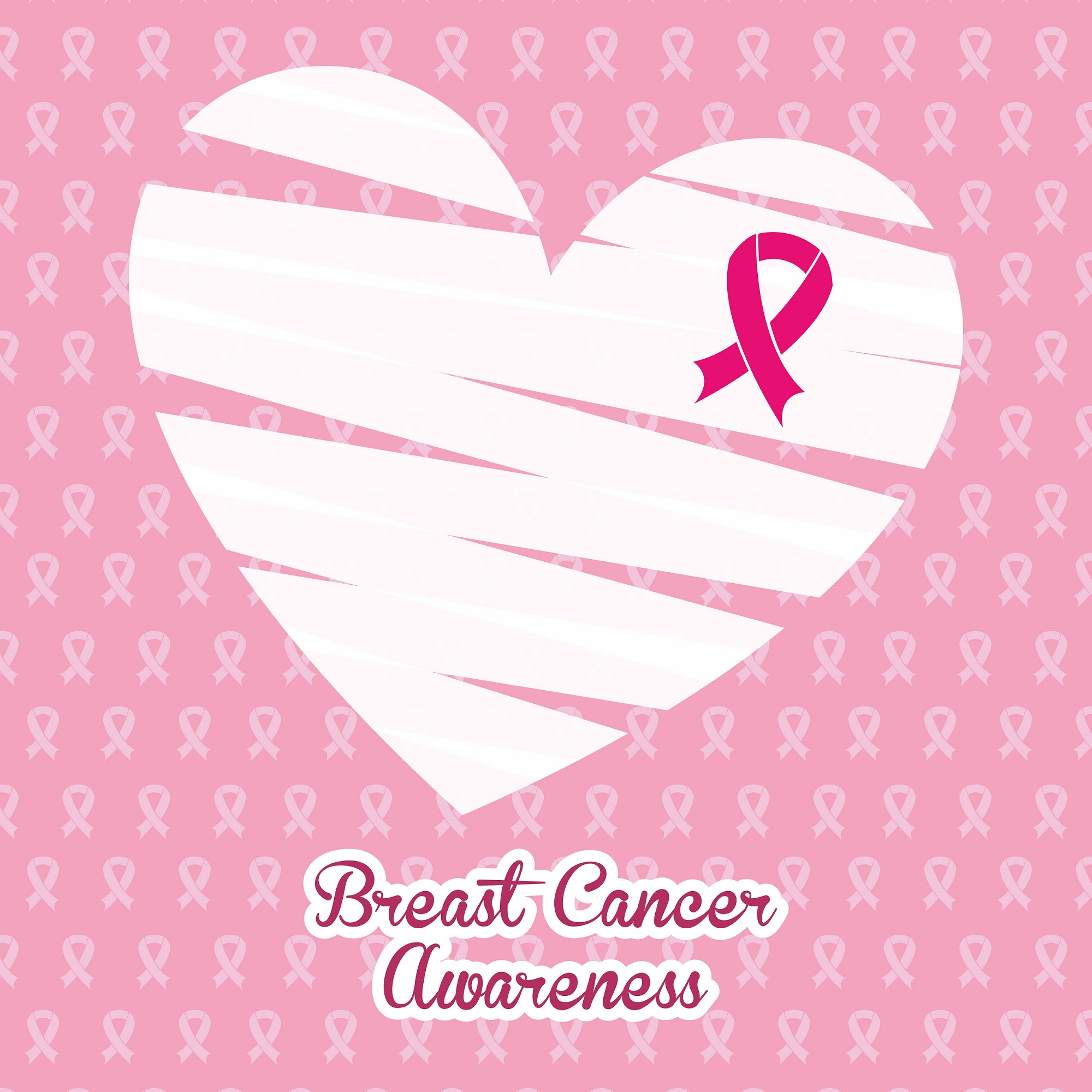During the month of October, we are made more aware of the issues and struggles of breast cancer survivors. We are also more conscious of treatments available for treating breast cancer. With the increased use of medicinal herbs, some cancer survivors may choose to use medical herbs as alternative or complementary medicine.
Medicinal Herbs
Herbs used in the United States are still classified as nutritional supplements. However, some herbs have been studied and researched extensively. As a result of such studies the components in some well known herbs have been evaluated and their chemical products isolated. Consequently, some herbs with estrogenic activity are not recommended for persons with breast cancer.
Red Clover
This herb grows wild in Europe and Asia and is cultivated in North America.In 1940 some merino sheep in Australia suffer red some devastating reproductive issues. They had a number of still births. The herd was almost wiped out. The sheep had grazed on red clover . Scientific studies have identified a phyto-oestrogen formononetin found in the flowers of red clover. This chemical can have an estrogen-like effect in the body. Such a herb would not be a good choice for someone with hormone receptive breast cancer.
Dong Quai
This popular herb has been used in traditional medicine for thousands of years. Today it is used in combination with other herbs to treat menopausal and menstrual problems. In some studies Dong quai was found to stimulate the rapid growth of MC7 tumor cells. Sloan Kettering recommends using this herb with caution for those with hormone-sensitive cancers.
Damiana
Native to Mexico and the Southern United states. This herb is used as an aphrodisiac by both men and women, even though there is little evidence to support the use. Damiana is one of the herbs tested to evaluate its ability to bind to the estrogen and progesterone receptors in breast cancer cells. Damiana was among the six highest progesterone binding herbs and spices.
Licorice
This herb originated in Central Asia and Central Europe. The roots have been used for culinary and medicinal purpose for many years. Although it is effective for many conditions it also has a number of side effects with prolonged use. Some chemicals in licorice can facilitate the conversion of testosterone into estrogen. Most studies recommend that persons with hormone sensitive conditions such as breast cancer should not use licorice.
Black Cohosh
Many women have used this popular herb for menopausal symptoms. It is frequently used as a safer alternative to hormone replacement. However, some scientists believe that black cohosh should be used with caution because of its effect on hormone receptors. This observation is hotly debated among the researchers, because there are other studies that show black cohosh to be a cancer deterrent. A study published in the Journal of Cancer research in 2008, found that black cohosh enabled cancer cells to spread in female mice. Consequently some clinicians, such as the Mayo Clinic advise using black cohosh with caution until better data is available.
Using herbal remedies is a choice that some us make. However in doing so it is important to have as much information as we can in order to make informed choices Despite warnings about the adverse consequences of the above herbs in breast cancer; there are other herbs proven to be beneficial in breast cancer and more research is being done every day.



